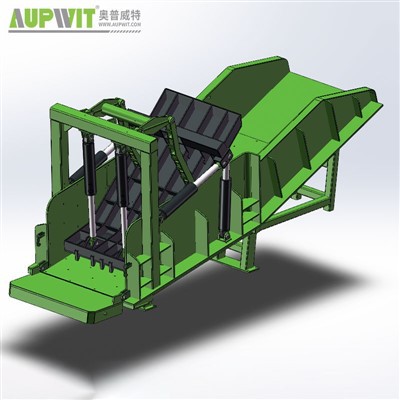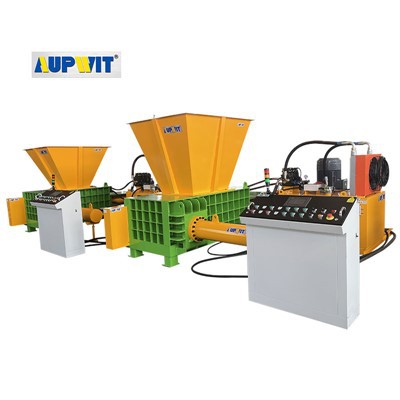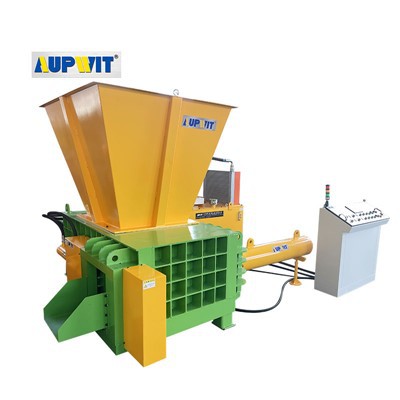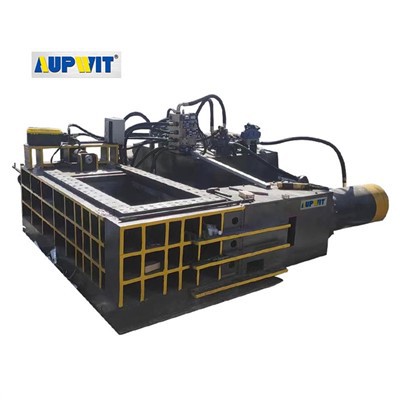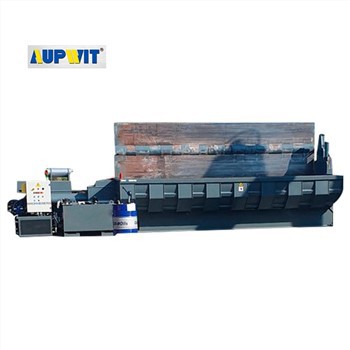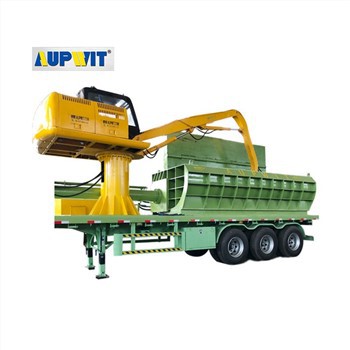Energy Conservation & Emission Reduction in Swarf Briquetting Presses
1. Compact Design & Intelligent Power Regulation
The press's compact structural design minimizes energy loss during operation. Advanced hydraulic systems with variable frequency drives adjust power output based on actual load, avoiding unnecessary energy consumption. This intelligent regulation reduces energy usage by 20-30% compared to traditional models.
2. Material Processing Efficiency
By compressing metal swarf into dense briquettes, it reduces waste volume by up to 90%, minimizing transportation needs. The process eliminates chemical binders, preventing harmful emissions from their production and use.
3. Heat Recovery Systems
Modern presses integrate heat recovery systems that capture and reuse excess thermal energy. This recycled heat can preheat materials or power auxiliary equipment, lowering overall energy demands.
4. Automated Operation & Durability
Precise control over pressure and cycle times avoids energy waste from over-processing. Durable components and extended maintenance intervals decrease downtime and part replacements.
Key Environmental Benefits:
- Reduced energy consumption through intelligent power regulation
- Substantial waste volume reduction (up to 90%)
- Elimination of chemical binder-related emissions
- Heat recovery for additional energy savings
- Dust collection systems for cleaner air quality
- Reduced manufacturing impact through durable design


